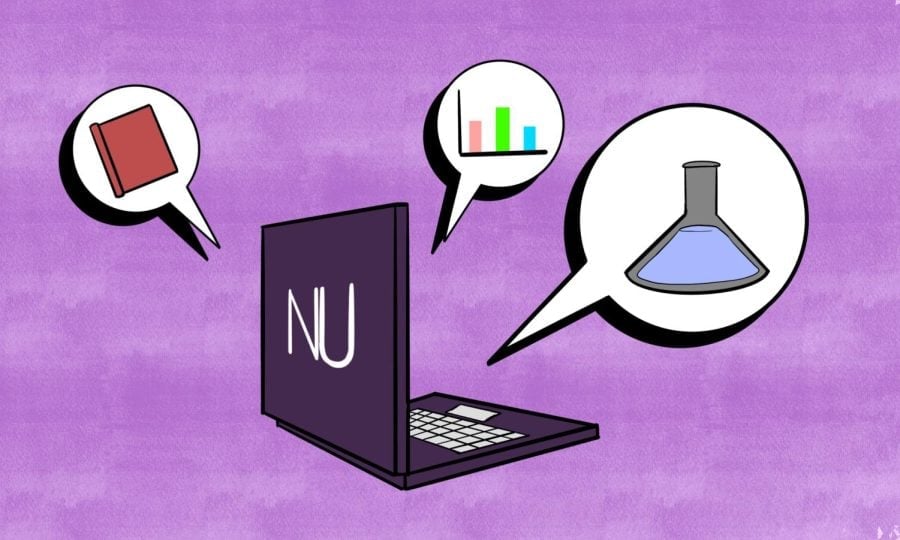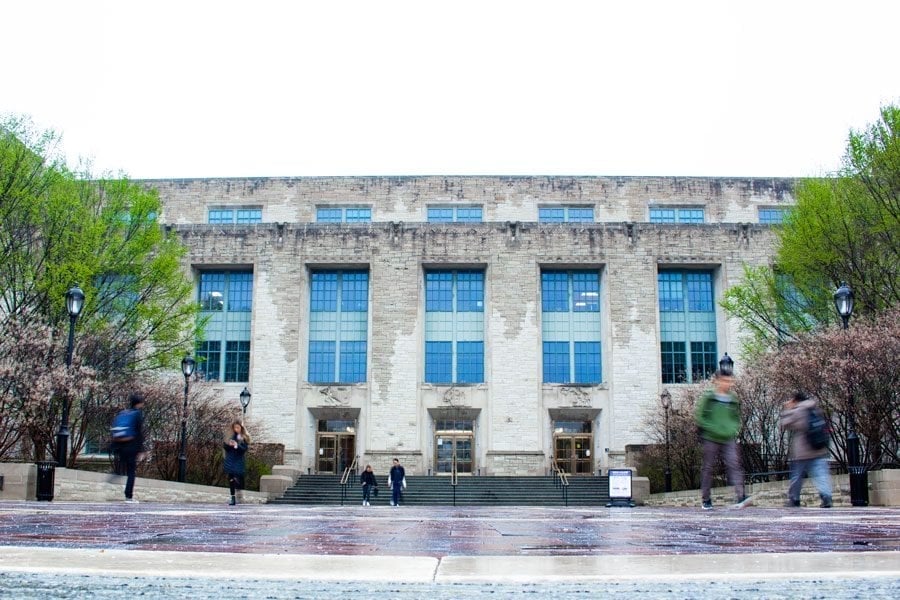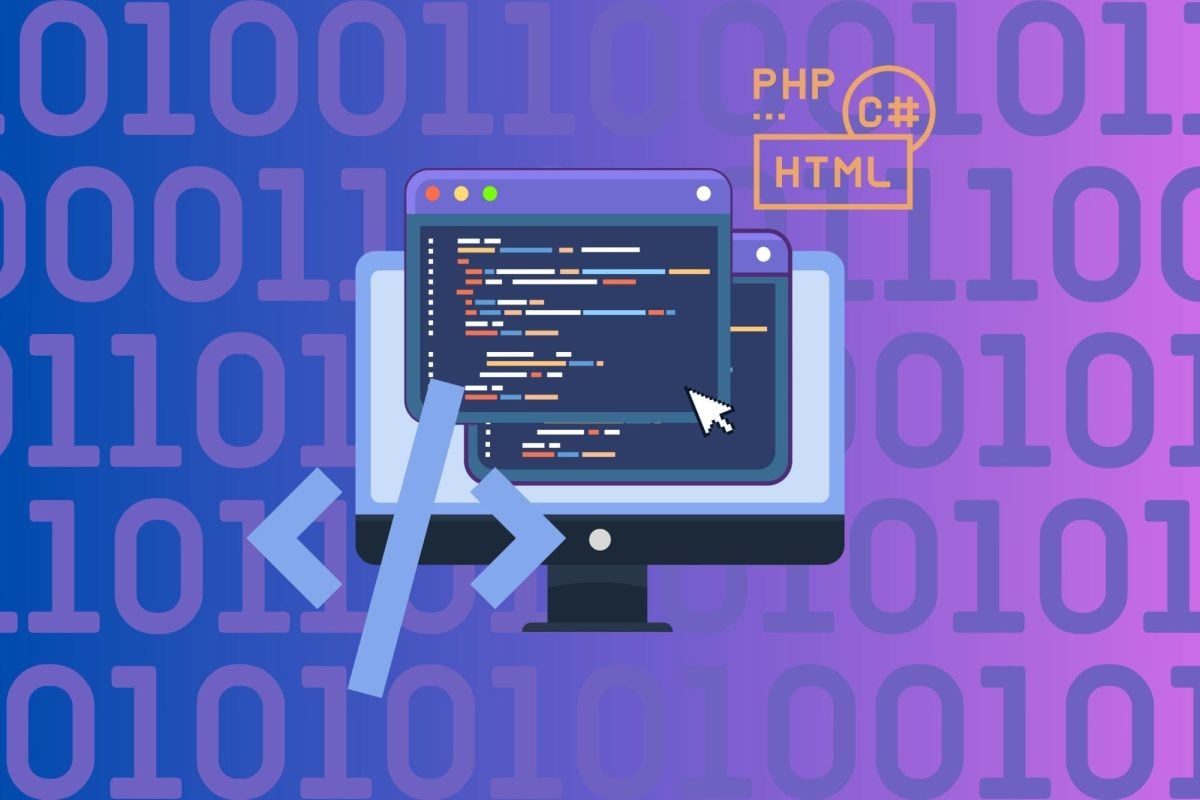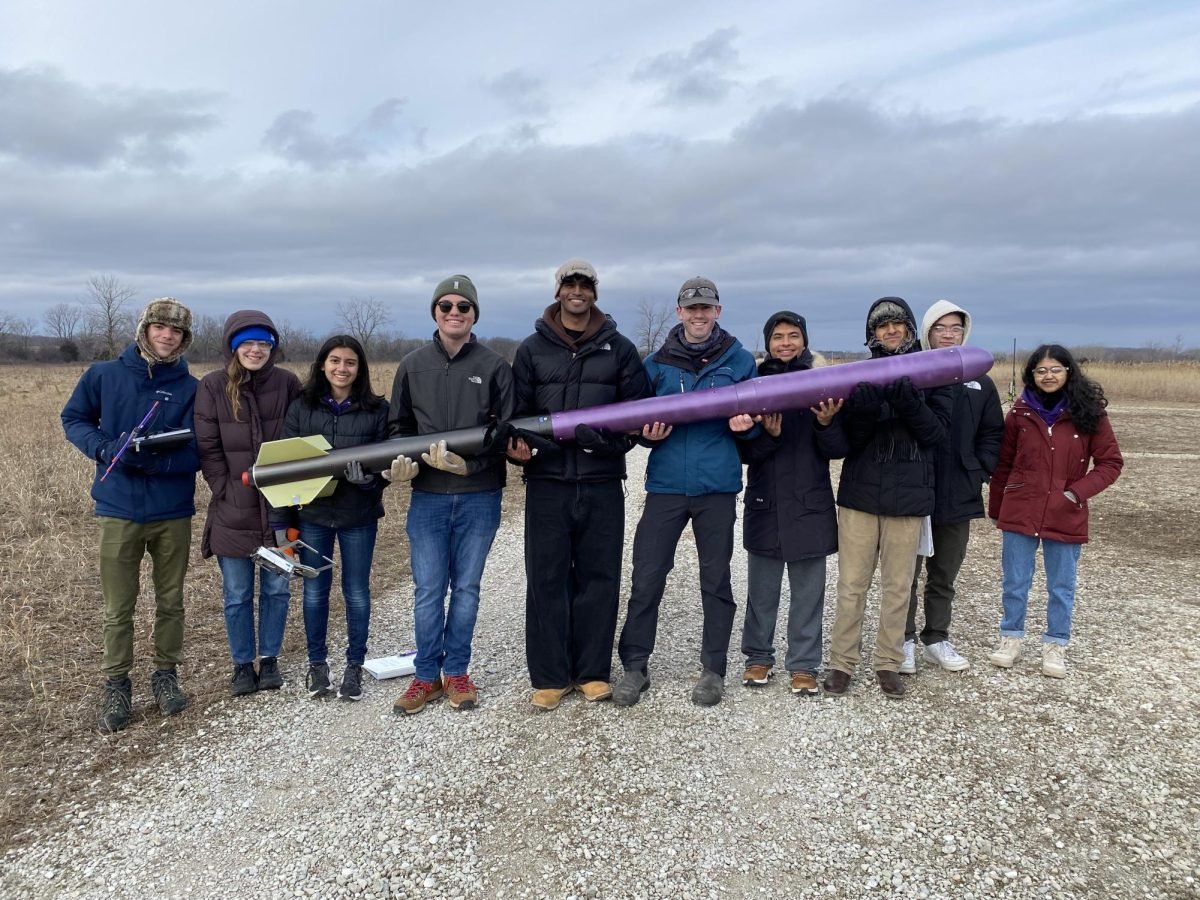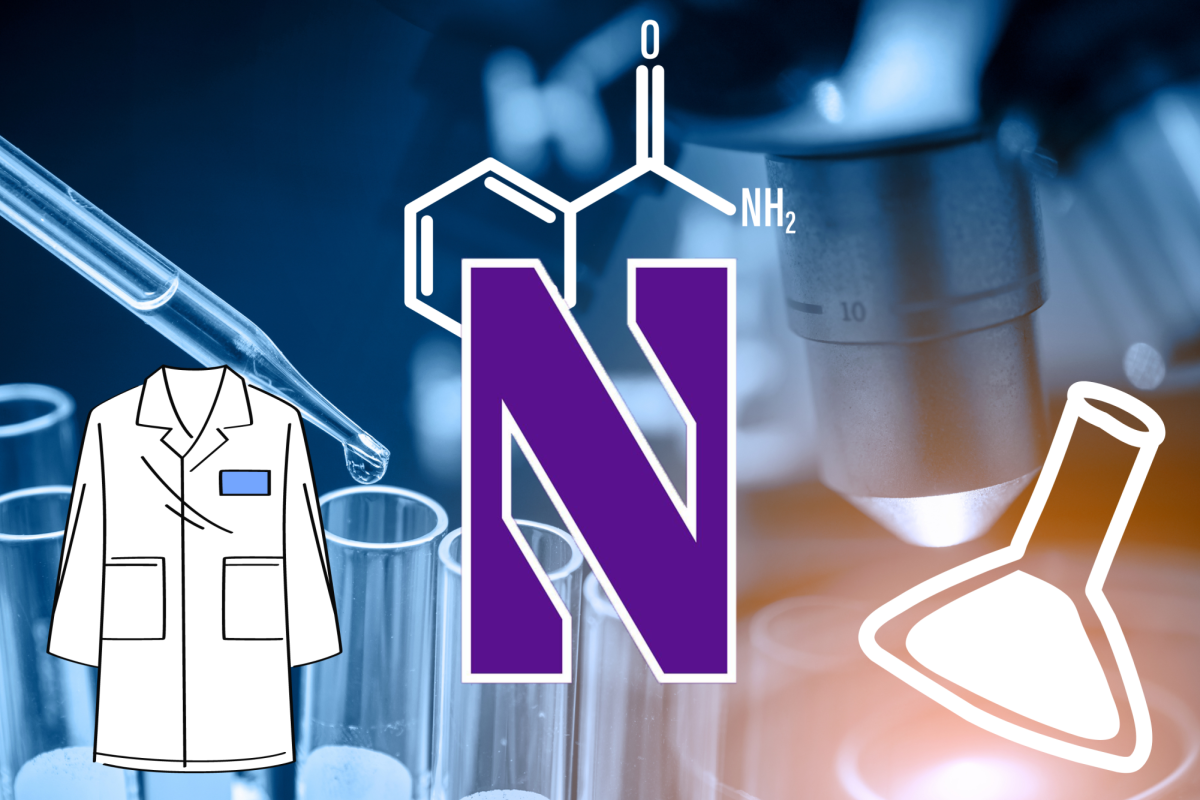If you’re trying to decrease your risk of Alzheimer’s disease, the National Institutes of Health says you can set down the snake oil.
The NIH convened April 26-28 at a State-of-the-Science Conference at its Bethesda, Md., headquarters to discuss factors associated with the onset of Alzheimer’s disease and concluded that none of the existing prevention methods has been proven to work.
Dr. Martha L. Daviglus, professor of medicine and preventative medicine at the Feinberg School of Medicine, served as the panel and conference chairwoman.
“I know the public was very disappointed because many people rely on and are buying these supplements or are doing these mental exercises and puzzles,” she said. “But unfortunately it doesn’t show that there is a strong association.”
Experts in psychiatry, gerontology, nutrition, genetics, neurology, oncology and economics made up the discussion panel. Their report, titled “Preventing Alzheimer’s Disease and Cognitive Decline,” emphasized current evidence that an association between external conditions and Alzheimer’s is not strong enough.
“We talk about depression, for example,” Daviglus said. “And we saw that, yes, it’s associated, but we don’t know which causes what. We don’t know if the risk factor is the depression that was associated with Alzheimer’s because people who are depressed will develop Alzheimer’s or because people who already have the pathological process for the disease are going to develop depression.”
A draft panel statement published online by the NIH debunked common misconceptions about what affects an individual’s chances of developing Alzheimer’s. Among them were herbal preparations, dietary factors, prescription or nonprescription drugs, social or economic factors, medical conditions, toxins and environmental exposure.
Dr. Carl Bell, a professor of psychiatry and public health at the University of Illinois at Chicago and another panel member, said there are both upsides and downsides to the consensus on Alzheimer’s prevention.
“The half-empty side is that people of my generation who are 60-plus are scared to death of Alzheimer’s disease,” he said. “And to get the news that nothing’s going to modify the disorder terrifies us. For the NIH to come out with that announcement destroys hope, which is pretty messed up.”
Alzheimer’s disease, which involves the loss of such cognitive functions as thinking, learning, remembering and reasoning, is the most common form of dementia. An estimated 5.3 million people have Alzheimer’s disease and it costs $172 billion annually in the U.S., according to the Alzheimer’s Association.
And that’s a lot of money to be saved, Bell said.
“On the half-full side is the possibility that maybe elderly people will stop blowing their limited resources on snake oil,” he said.
Daviglus said she thinks future research will need to concentrate on longitudinal studies to try and learn more about when exactly the disease takes hold and how it should be defined.
“As of now, our knowledge of the natural history of Alzheimer’s disease and of the aging process is inconsistent,” she said. “We don’t even have just one definition. We have lots of definitions of what is Alzheimer’s disease and what is a cognitive impairment in all of these studies conducted so far.”
The NIH’s conclusion will allow scientists to refocus on younger people at risk, where they are more likely to discover biological markers of the disease, Bell said.
“The studies have been done, they’ve just been looking in the wrong place,” he said. “Again, they’re looking at 55 and 65-they’re looking too late.”[email protected]

